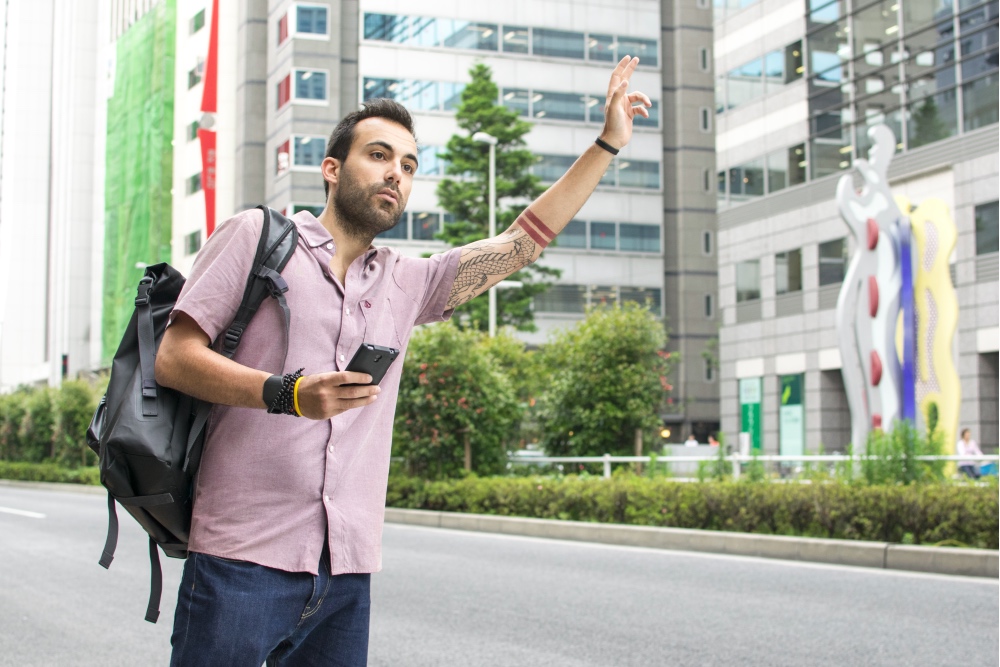A good number of consumers — perhaps out security fears and perceived technological inconvenience (or sometimes both) – are always reluctant to try anything new. As it so often happens, transformative technology encourages us to consider options that we otherwise never would have thought about.

Scan and go mobile apps
It happened with credit cards, which slowly supplanted checkbooks and cash, and it is happening with mobile payments and related technology, such as the queue-free Amazon Go. Similarly, Walmart is currently testing a new version of its Scan & Go mobile app in a number of states. According to Markets Insider, the Walmart Scan & Go paradigm could see shoppers use either a smartphone app or store-issued scanner to scan items while they walk and shop around the store. Customers would then bring their pre-scanned items to a self-checkout register and scan a single barcode on the kiosk to purchase all items in the cart.
So, what other industry (aside from retail) is helping to encourage adoption of frictionless commerce? The answer may surprise you: the sharing economy. Just as the smartphone apps for Uber (and Lyft) made the old-school tradition of “hailing a taxi” via a phone/cell call almost extinct, likewise traditional brick and mortar stores are the next in line to make shopping just as easy and seamless with mobile payments.
Digital frictionless commerce
Other companies that directly or indirectly encourage various forms of digital or frictionless commerce — either through mobile apps and/or voice — are Amazon’s Alexa, Pinterest and Instagram. All three actually encourage impulse buying, much to the chagrin of consumers and their digital wallets.
Clearly, the industry is beginning to realize that to accelerate the mass adoption of mobile payments, mobile wallets must be part of a new retail future in which traditional offline brick-and-mortar retailers provide a secure, seamless and interactive shopping experience. For consumers, mobile wallets should combine payments, gift cards, loyalty rewards and coupons in a single retail app for a truly transforming experience. The leader in this category is Starbucks, as the coffee giant recently confirmed that mobile payments now account for 30% of its transactions. Put simply, for retailers, mobile wallets should offer tangible value beyond the initial transaction by facilitating lucrative upselling and cross-selling opportunities with integrated loyalty points and coupons.
So, how is Rambus helping to accelerate the adoption of mobile payments? Our Unified Payment Platform increases revenue (per user) by facilitating cross- or up-sell opportunities with integrated loyalty points and coupons. It also enables in-aisle check-out options to lower overhead costs and reduce the number of required Point-of-Sale (POS) terminals in store. Moreover, Rambus’ platform provides direct access to detailed shopping data, allowing retailers, banks and merchant acquirers to offer a personalized shopping experience and effectively compete in a crowded marketplace.
Everyone loves a good deal. So, gauging by 2017 standards, hailing a Frappuccino has never has been so easy.

